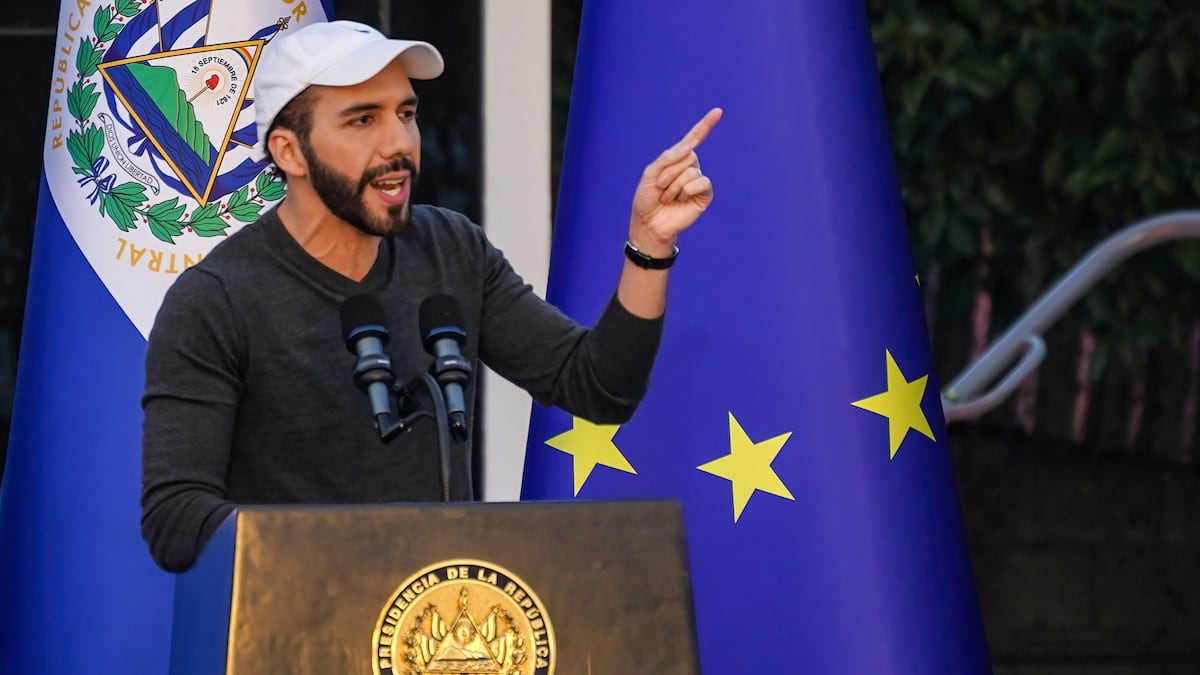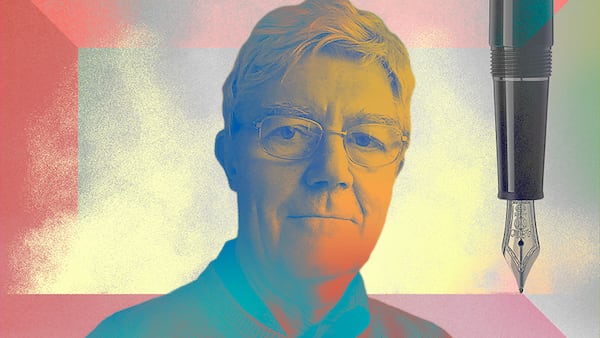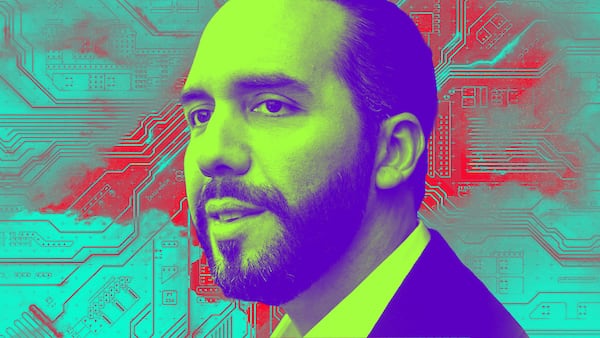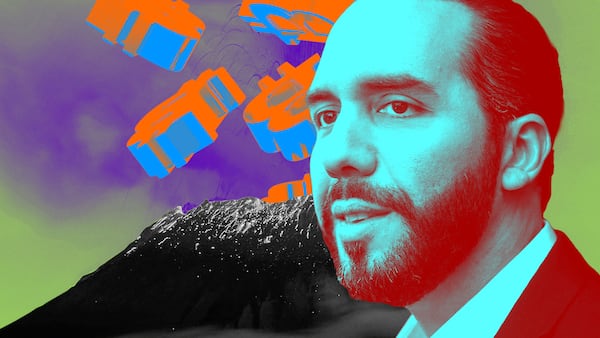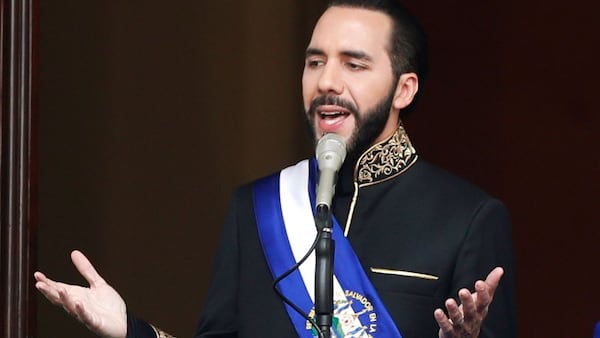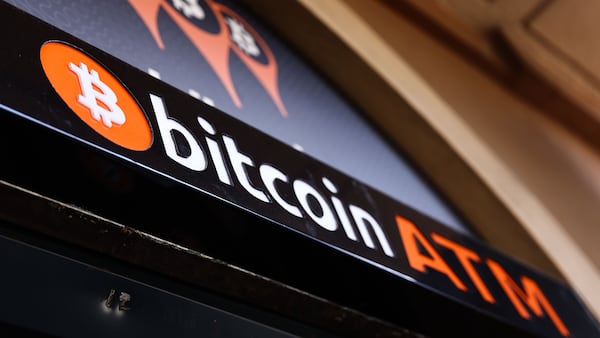- El Salvador paused public Bitcoin buys under an IMF loan agreement.
- The country continues to accumulate Bitcoin through other means.
- The IMF stressed that broader economic reforms remain its top priority.
El Salvador’s Bitcoin buying spree has finally come to an end — at least on paper.
Under a $1.4 billion loan agreement with the International Monetary Fund, the country paused Bitcoin purchases using public funds.
In a press briefing this week, Rodrigo Valdes, director of the IMF’s Western Hemisphere Department, confirmed that El Salvador is complying with key conditions of its programme, including the “non-accumulation of Bitcoin” by the public sector.
“The programme of El Salvador is not about Bitcoin,” Valdes said. “It’s much deeper — in governance, transparency, and fiscal reforms.”
While public sector purchases have halted, blockchain data shows El Salvador continues to grow its Bitcoin holdings through other means.
The country currently controls nearly 6,160 Bitcoin, up from about 6,055 Bitcoin in February.
The government has maintained its strategy of purchasing roughly one Bitcoin per day, though the IMF confirmed that these acquisitions no longer involve public fiscal resources tied to the IMF-supported programme.
Bitcoin flow
It might not actually be buying at all, but simply shifting funds between wallets.
Earlier blockchain records show that El Salvador’s Bitcoin acquisitions in January 2025 involved transfers from different multisig wallets, consistent with real purchases.
However, more recent daily movements now appear to largely involve internal reallocations from a central treasury wallet.
That possibility was raised during the IMF press briefing, when a journalist from Ion Group asked whether El Salvador was adding to its Bitcoin reserves by shifting coins between accounts rather than making new purchases.
Valdes did not directly address that portion of the question.
IMF deal
The agreement, finalised in December, required El Salvador to make Bitcoin acceptance voluntary for businesses, ensure taxes are paid exclusively in US dollars, and reduce government management of Chivo Wallet, a state-backed crypto payments app.
Lawmakers passed several legal amendments earlier this year to align national policy with the IMF’s terms.
The IMF’s first review of El Salvador’s programme is progressing, with officials crediting structural reforms but warning that further fiscal tightening is needed to secure stability.
President Nayib Bukele has long promoted Bitcoin adoption as a path to financial inclusion, aiming to bring banking access to the roughly 70% of Salvadorans without traditional financial services.
Kyle Baird is DL News’ Weekend Editor. Got a tip? Email at kbaird@dlnews.com.


